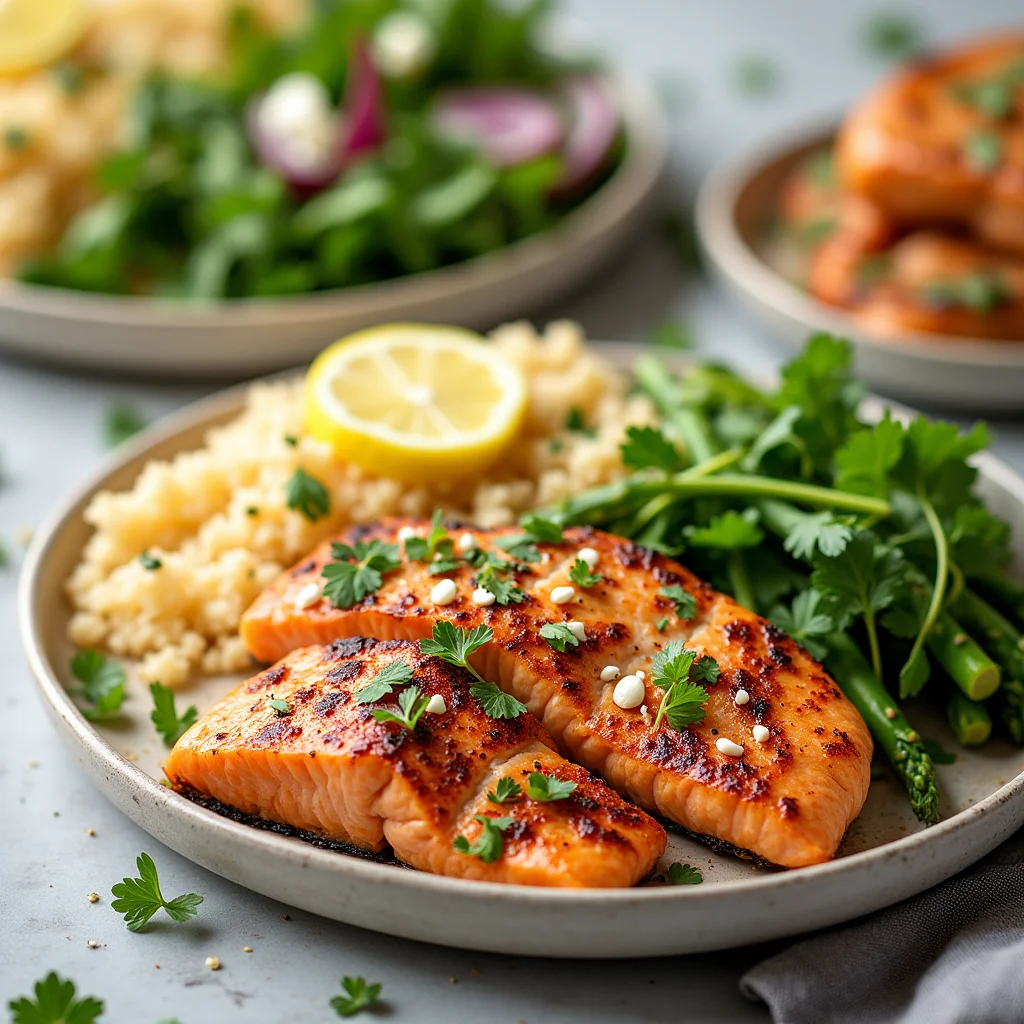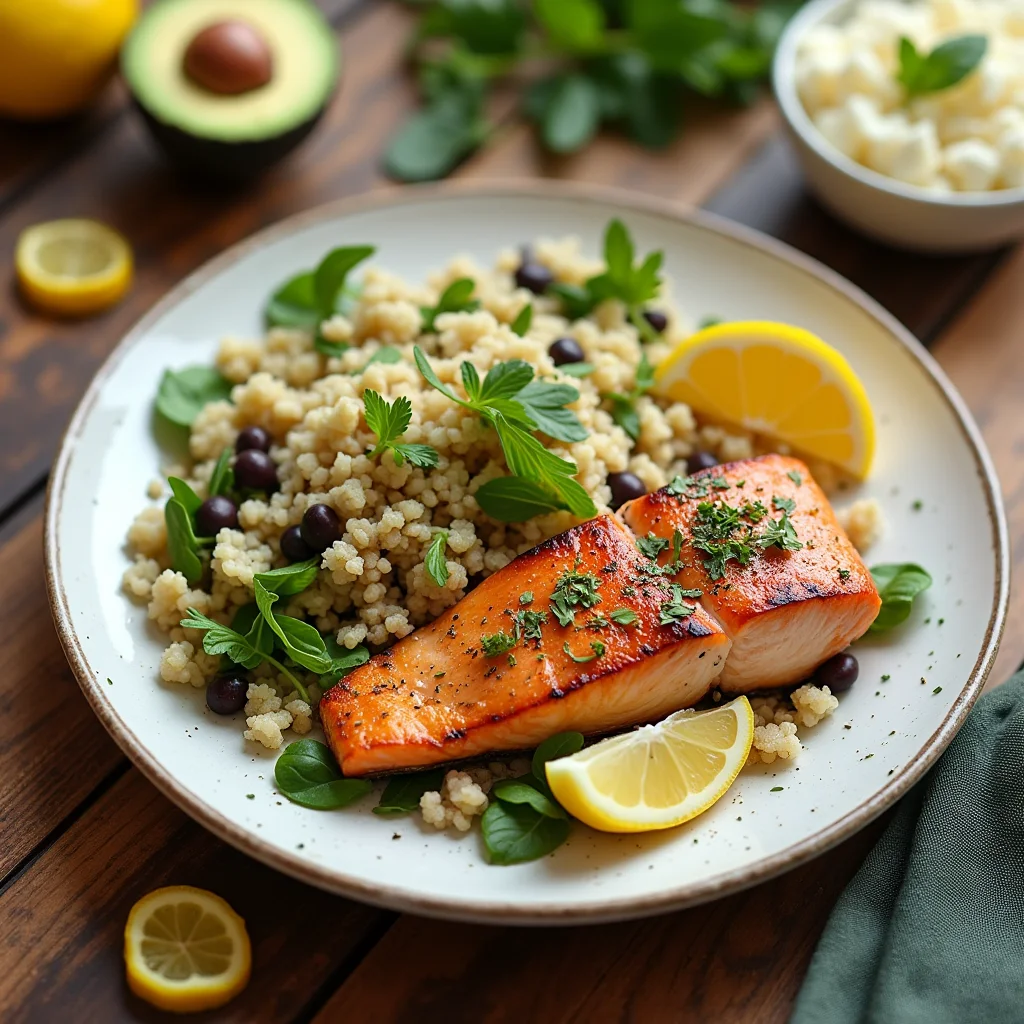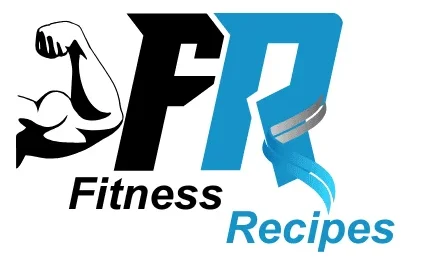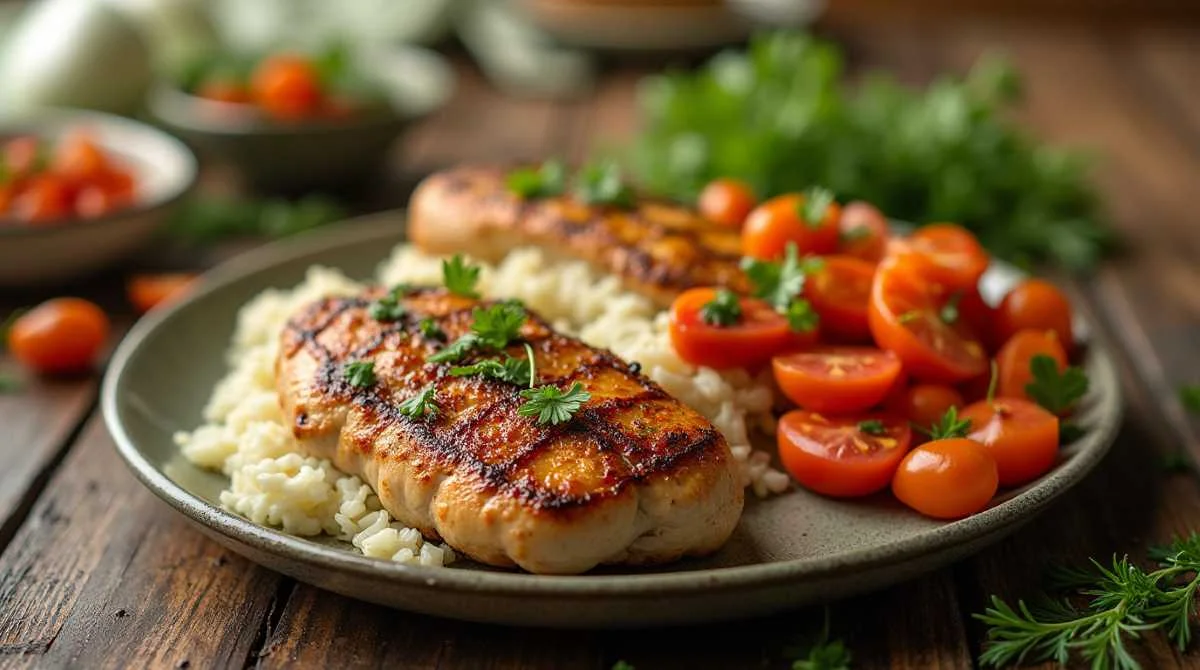High Protein Foods
Table of Contents
High Protein Foods: The Ultimate Guide to Boost Your Health and Fitness
Introduction
Have you ever felt drained after a workout, or found yourself hungry just a few hours after eating? If you’re nodding your head, you’re not alone. The secret to feeling energized, maintaining muscle mass, and staying satisfied throughout the day might be simpler than you think: protein. Whether you’re aiming for weight loss, muscle gain, or overall well-being, incorporating high-protein foods into your diet is essential. In this guide, we’ll explore everything you need to know about high-protein foods, from the best sources to delicious recipes and meal ideas. Get ready to fuel your body with the power of protein!
Why Protein Is Essential for Your Body
You’ve probably heard a lot about protein, but why is it such a big deal? Let’s break it down.
The Role of Protein in the Body
Protein is a macronutrient that’s critical for nearly every function in your body. It’s often called the “building block” of your body because it helps build and repair tissues. Here’s a closer look at why protein is so important:
- Supports Muscle Growth and Repair: Every time you work out, your muscles undergo stress and microscopic tears. Protein helps repair these tears, leading to muscle growth and better performance.
- Boosts Metabolism: High-protein foods require more energy to digest compared to carbs and fats, which means your body burns more calories during digestion. This metabolic boost can be beneficial for weight management.
- Helps You Stay Full: Protein promotes satiety. Including it in every meal can help you stay full longer, reducing the chances of overeating and snacking between meals.
How Much Protein Do You Need?
You might be wondering, “How much protein do I need?” The answer depends on several factors, including your age, activity level, and health goals.
- General Guidelines: For the average adult, aim for 0.8 grams of protein per kilogram of body weight. If you’re active or looking to build muscle, you may need 1.2 to 2 grams of protein per kilogram of body weight.
- Protein Intake Chart: Weight (kg)Daily Protein Requirement (g)5040-1007056-1409072-180
Best High Protein Foods for Every Diet
Now that you know why protein is crucial, let’s dive into the best high-protein foods you can enjoy, no matter your dietary preferences.
Animal-Based Protein Sources
If you’re someone who enjoys animal-based foods, there’s a variety of options packed with protein.
Lean Meats
Chicken, turkey, and lean cuts of beef are rich in protein and relatively low in fat, making them ideal choices for anyone looking to increase their protein intake. A 3-ounce serving of grilled chicken breast provides around 25 grams of protein.
Seafood & Fish
Fish like salmon, tuna, and shrimp are not only protein-rich but also packed with healthy omega-3 fatty acids. A 3-ounce portion of salmon contains 22 grams of protein and offers numerous health benefits.
Dairy Products
Greek yogurt, cottage cheese, and cheese are dairy products that are naturally high in protein. Greek yogurt, for example, has 10-20 grams of protein per serving, depending on the brand and style.
Eggs & Egg Whites
Eggs are one of the most affordable and accessible sources of protein. A large egg contains about 6 grams of protein, while egg whites provide around 3 grams each.
Plant-Based Protein Sources
If you follow a vegan or vegetarian diet, there are plenty of plant-based options to meet your protein needs.
Legumes & Beans
Lentils, chickpeas, black beans, and other legumes are fantastic sources of protein, particularly for vegetarians. A cup of cooked lentils provides about 18 grams of protein, and chickpeas are similarly rich.
Whole Grains
Quinoa, oats, and brown rice are not only full of fiber but also offer a decent amount of protein. Quinoa, in particular, is a complete protein, meaning it contains all nine essential amino acids. A cup of cooked quinoa contains around 8 grams of protein.
Nuts & Seeds
Almonds, chia seeds, pumpkin seeds, and hemp seeds are great sources of plant-based protein. For instance, a handful of almonds (about 28 grams) provides around 6 grams of protein.
Plant-Based Meat Alternatives
If you’re avoiding animal products, try tofu, tempeh, or seitan. These plant-based proteins are incredibly versatile in cooking. A 3-ounce serving of tempeh contains around 21 grams of protein, making it one of the most protein-dense plant-based foods.
High-Protein Meal Ideas & Recipes
Incorporating high-protein foods into your diet is easier than you think. Here are some meal ideas and recipes to help you get started.
You can reach more protein foods:
Quick and Easy High-Protein Lunchs
- Protein-Packed Smoothie
Blend Greek yogurt, peanut butter, banana, and a scoop of protein powder to create a satisfying smoothie that’s packed with protein. This lunch option can provide upwards of 30 grams of protein. - Egg and Avocado Toast
Scramble a couple of eggs and spread them on a piece of whole-grain toast. Top with sliced avocado for healthy fats and extra protein. This simple meal can deliver about 20 grams of protein.


Lunch High-Protein Meals
| Recipe | Ingredients | Protein Content |
|---|---|---|
| Grilled Chicken Salad | Chicken breast, mixed greens, feta cheese, olive oil, lemon | 40g |
| Quinoa & Black Bean Bowl | Quinoa, black beans, avocado, lime dressing | 25g |
| Baked Salmon with Asparagus | Salmon, lemon, asparagus, olive oil | 45g |
High-Protein Snacks to Keep You Full
When hunger strikes between meals, reach for these protein-packed snacks:
- Greek Yogurt with Honey & Nuts: A great combination of protein and healthy fats.
- Hard-Boiled Eggs: Simple and easy to prepare.
- Cottage Cheese & Berries: A low-calorie, protein-rich snack.
- Beef Jerky: Look for low-sodium varieties.
- Protein Bars & Shakes: Opt for natural and whole food-based options.
Common Myths About High-Protein Diets
There are plenty of myths surrounding high-protein diets. Let’s set the record straight.
- Does Too Much Protein Harm Your Kidneys?
For healthy individuals, high protein intake won’t harm your kidneys. However, those with pre-existing kidney conditions should consult a healthcare provider. - Can Protein Help With Weight Loss?
Absolutely! Protein boosts metabolism and keeps you feeling full, which can help reduce overall calorie intake, aiding in weight loss. - Is Animal Protein Better Than Plant Protein?
Both animal and plant proteins are excellent choices. It’s all about finding what works best for your body and dietary preferences.
You can have an idea about protein foods in this list of foods by protein content.
FAQs About High Protein Foods
What are the best high-protein foods for weight loss?
If weight loss is your goal, lean meats, fish, eggs, legumes, and tofu are some of the best high-protein foods. These options help keep you full, reducing cravings and unnecessary snacking.
Can I get enough protein on a vegan diet?
Yes, you can! Opt for a variety of plant-based sources like lentils, quinoa, chickpeas, and tofu to ensure you’re meeting your protein needs.
How can I increase my protein intake without supplements?
Incorporate high-protein foods into every meal and snack. Swap out low-protein ingredients for higher-protein options (e.g., using Greek yogurt instead of regular yogurt) and enjoy protein-rich snacks like nuts and seeds.
Conclusion
Protein is a powerhouse nutrient that plays a crucial role in your overall health. By incorporating high-protein foods into your diet, you can improve muscle growth, boost metabolism, and maintain a healthy weight. Whether you prefer animal-based or plant-based protein sources, there’s a world of options available to suit your lifestyle and dietary preferences. So, why wait? Start including more high-protein foods in your meals today and feel the difference it makes in your energy levels, satiety, and overall well-being.

